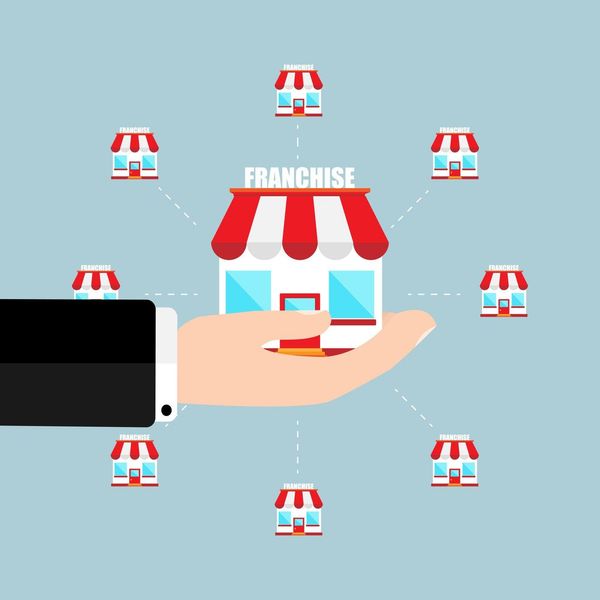What Is Price Building?
Price building is one method of determining the value of your company as you prepare to sell your business. Price building is a valuation method that simply looks at the hard facts: assets, leases, real estate, and goodwill (i.e., the value of the business's good name and reputation and demonstrated ability to consistently turn a profit). It is the amount over and above the market value of the tangible assets on the balance sheet that a buyer should be expected to pay for the business. The intangibles of a business can be hard to evaluate but are crucial factors, and might include:
- Good location
- Unique ability to fill a need or provide a service
- Impressive profitability
- A favorable lease
- Great employees
In price building you will list every asset and assign it a reasonable value in dollars. For example, your list might look like this:
- Real estate: $225,000
- Equipment: $35,000
- Inventory: $25,000
- Goodwill: $15,000
This results in a total of $300,000, which may or may not be the right price for your business. This price-building process typically requires listing all the hard assets related to your business. Once you have inventoried all these factors and figured out the real value of your equity, the balance of the sale price will be the far less tangible assets: customer goodwill, lease value, covenant not to compete, trade name, and so on — what is often called "blue sky." A rule of thumb for valuing these intangibles is that unless what you are selling is absolutely unique, the combined net total of these intangibles should be in the region of one year's probable net income in value. Add this figure to your hard assets, the agent's commission, and some additional money so that you have some barter room, and you've got your asking price. This, essentially, is the price-builder method for determining value.
In addition to price building, there are a few other methods of determining the value of your business:
Return on investment (ROI) is a method in which you look at your business profit per year to see what your buyer's return on investment will likely be. The ROI method requires determining your business's bottom-line results after all expenses, including debt discharge and owner salary, have been subtracted from gross sales and then divided by the original cash investment used to buy the business. It is prudent for you to use actual, current expense requirements to determine your ROI, such as cost of goods sold, rent, utilities, insurance, expenses (those that are strictly required and justifiable), and payroll. And, of course, make sure your finances are in order. In the case of a small business, most experts regard an ROI in the 12 to 15 percent range to be a fair price.
To give an example, let's say that you have decided $300,000 is your asking price. How fair is that amount? Using the ROI method we would look at the net profit ($150,000) and the business sale price ($300,000) to determine the buyer's return on investment. $150,000 is 50 percent of $300,000, which means the buyer would be getting an extremely high 50 percent return on his investment. There are few investments in the business world that allow for a 50 percent ROI. Using the ROI method and these numbers, you would determine that a higher amount for the business is most likely called for.
The Multiplier is another method for determining the asking price of your business. With this method you multiply the net profit of the business by some factor — this varies depending upon the industry — to get a final price. In the preceding case, a factor of 3 would give you a $450,000 asking price.
Try working the numbers out using all of the methods until you find the one that is most favorable to your situation. You may want to consider having your business appraised, and you may also want to hire a business broker. A team of advisors — accountant, lawyer, and broker — can help, and it may well be worth the cost to you in fees and commissions to ensure that you get a fair price. And as you prepare for the sale, keep meticulous financial records and do everything you can to get your finances in order. It will pay off in the long run.



